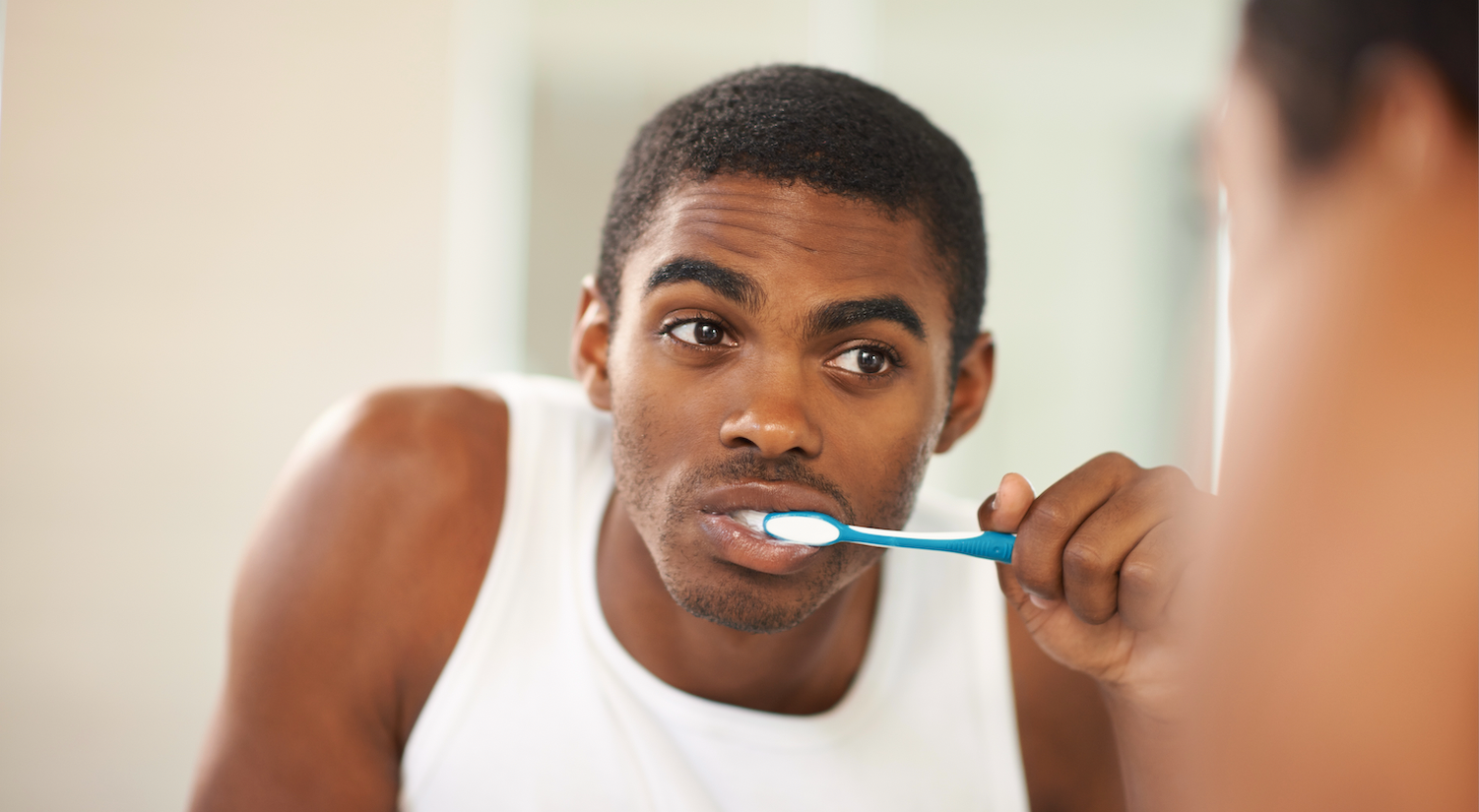Is Oral Health Different for Men?
Although many aspects of human health are entirely non-gendered, there are some things which are determined or affected by gender, whether that be for biological or social reasons. For instance, women are known to have oral health issues directly linked to the hormones present during pregnancy, which is an issue that men don’t have to deal with. But are there oral health issues that are specific to men? Read on to find out…
Cause and Effect
Unfortunately, it seems that health education has let men down at some point, as studies show quite staggering differences in the understanding of oral hygiene between men and women. A study in the Journal of Periodontology found that men are half as likely to regularly visit their dentist in contrast with women, and that up to 33% admit to not regularly brushing their teeth as compared to 20% of women. This shows we need to better educate men and boys about their dental health, as well as encouraging them to brush and go for checkups regularly!
Gums and Your Heart
Direct links have been found between cardiovascular, or heart, disease and gum diseases, which means that poor oral hygiene is directly linked to being at a higher risk of serious complications such as stroke or heart attack. Men are generally more likely than women to suffer from cardiovascular issues in their lifetime, which means that they should be especially vigilant when it comes to brushing their teeth!
Physical Risks
Men are generally more highly encouraged to take part in sports, especially contact sports, and activities which put their bodies in harm’s way. It’s important to take teeth into consideration when undertaking such activities and doing whatever possible to protect them, whether that means wearing a mouthguard while practicing martial arts or full-face helmets for extreme contact sports!
Men and Cancer
Men are at a much higher risk than women when it comes to developing oral cancer, which is especially concerning given lower attendance at dentists’ bi-annual checkups. Oral cancer is also affected by lifestyle choices, such as tobacco or alcohol consumption, so these are best limited (or stopped entirely!) to protect your mouth. Given that oral cancer symptoms can often manifest as other oral health issues, it’s important to monitor anything unusual going on in your mouth - if you have been experiencing discomfort or unusual symptoms in your mouth for more than a fortnight, make an appointment to see your dentist!
Keep in Mind
The most important part of your oral hygiene routine is consistency, so make sure you’re brushing and flossing properly twice a day! Consider investing in a sonic powered toothbrush for an even deeper clean and a more engaging brushing experience to encourage yourself to keep up with your routine!


